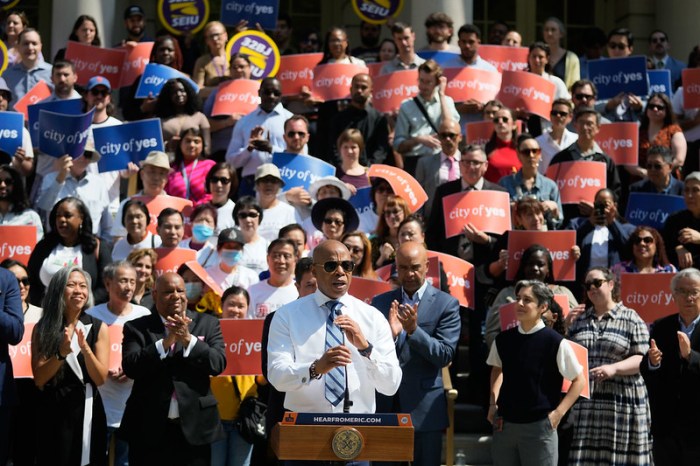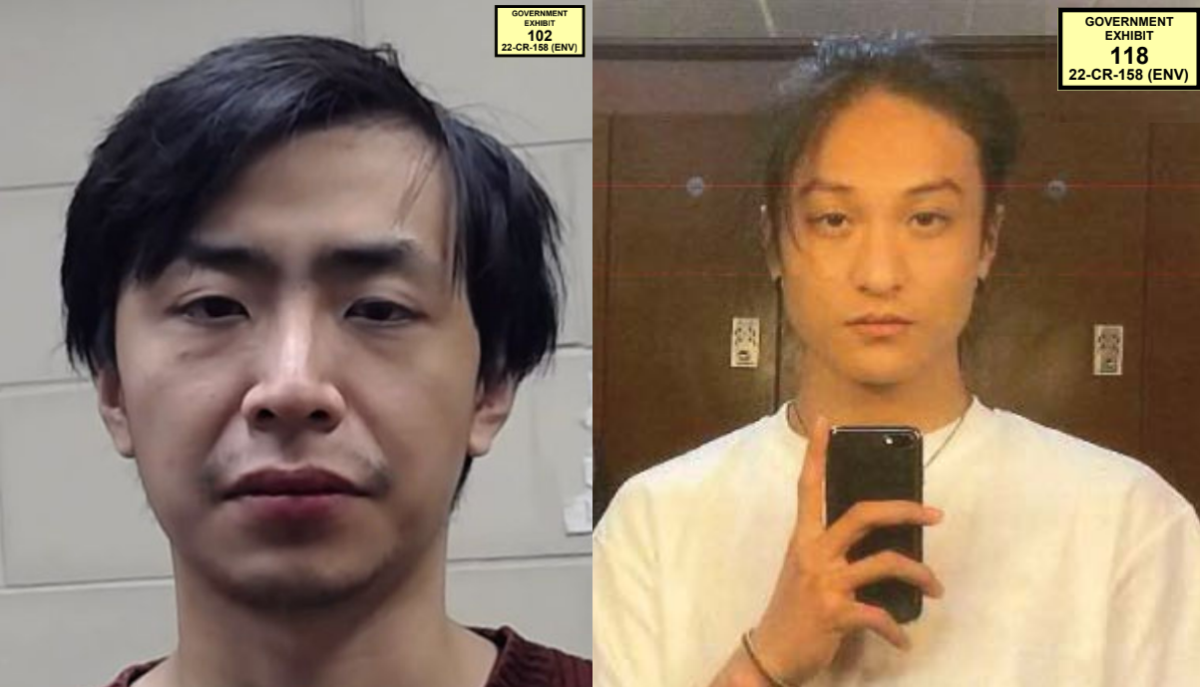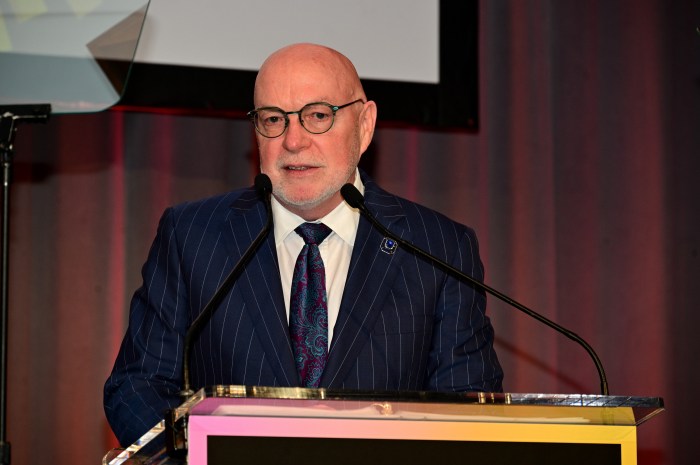
Students and faculty of Kingsborough Community College in Brooklyn gathered Tuesday to discuss the future of the Women’s and Gender Studies (WGS) concentration.
WGS faculty said they were notified during the Spring 2018 semester that the college would be defunding the program for the spring 2019 semester – a move that has left students outraged. This semester, staff members said they were notified that office space at the college would be taken away.
"It’s wrong to take away something that means so much – where we feel at home, and where we belong in a world that does not accept who we are, let alone what we study," said Charlie Quinonez, a student who also runs the WGS program’s club.
In an effort to organize and fight back, supporters of the WGS program hosted an event Tuesday featuring scholar and activist Dr. Jack Halberstam.
“Knowing and learning is about being open to hearing different points of view and things that challenge your way of being,” said Halberstam, who is a professor at Columbia University. "A university [that] lacks the program is doing injustice for its students. If it goes, a lot more goes with it.”
Kingsborough Community College declined to comment on the decision to defund the program.
The WGS concentration, which Kingsborough has been offering since 1997, is one of the oldest of its kind in the CUNY system, according to program director Dr. Red Washburn.
Enrollment in WGS classes has gone up as more students who do not identify as LGBTQ participate in the courses, Washburn added. More than 550 students were enrolled in WGS classes in the Spring 2018 semester and the program’s leaders also submitted a proposal to turn the concentration into a major.
"In a time where we have ‘Me too,’ ‘Black Lives Matter,’ and transgender issues, we need these courses more than ever,” Halberstam said.
Faculty and students need academic space where they can talk about gender issues in an academic way, Washburn added.
"Around the country, gender studies are bulking up and are given resources. [The program] needs support to grow and have a reason why students should take these courses. Even if we don’t see eye-to-eye, we have to stand in solidarity together to make this happen.”
Members of the faculty, students and alumni have written letters and signed petitions to gain resources for the program, but so far, they have been unsuccessful in changing the decision.































